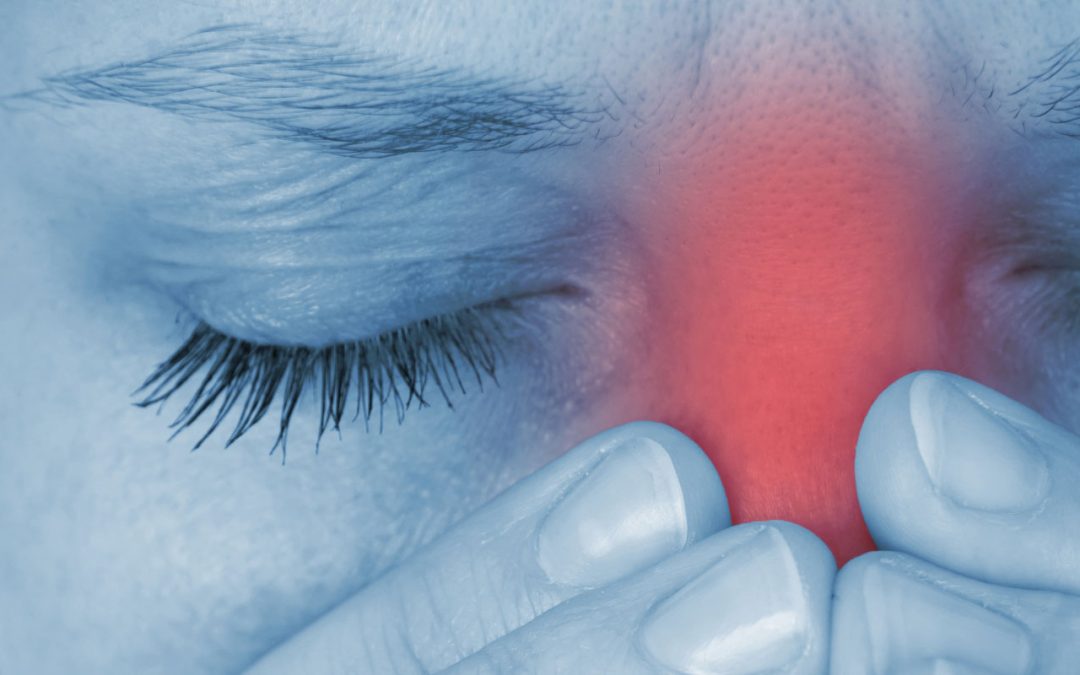Sinusitis can be a bothersome condition that will irritate you more the longer you ignore it. However, most people need to learn more about sinusitis so that they can recognize the symptoms and take proactive measures. Read on to learn more about this condition.
Overview
Sinusitis is a condition wherein the lining of the sinuses becomes inflamed and swollen, usually caused by a viral infection. This inflammation can block the small channels that lead from the sinuses to the nose, which fills the sinuses with fluid. This fluid provides an ideal environment for bacteria to grow, which can lead to an infection.
Other illnesses that might cause sinus pain and symptoms include allergies, nasal polyps, and dental infections.
Types
Four types of sinus infections exist, classified based on the length and frequency of the condition. Acute sinusitis is a short-term infection of fewer than four weeks. Subacute sinusitis lasts between four and twelve weeks. Recurrent acute sinusitis is an acute sinus infection that occurs four or more times a year. Chronic sinusitis is an infection with symptoms that last for more than twelve weeks or recur regularly.
Risks
People of all ages can get sinusitis, but certain risk factors make it more likely. These include having nasal allergies, nasal polyps, asthma, abnormal nose structures, a suppressed immune system, recurrent illnesses, pacifier use, bottle-feeding while lying on the back, exposure to smoke, and frequent infections. People who smoke are also more likely to get sinusitis.
While it can happen to anyone, children are more likely to experience complications from sinusitis.
Symptoms
A sinus infection can generate pain, pressure in your sinuses, and tenderness in the face. You may develop a runny nose and postnasal drip, nasal congestion, sinus headaches, throat irritation and cough, sore throat and hoarse voice, fever, and bad breath.
The pain can be moderate and prominent in your forehead, nose, upper jaws and teeth, and eyes. The inflammation and swelling can cause fluid to build up and restrict how your nose intakes air. Postnasal drip can cause a persistent and bothersome cough, which is exacerbated when lying flat to sleep.
It can also induce a sore throat and a hoarse voice. Fever may also occur with sinusitis, typically in the low-grade range. Lastly, the mucus produced by your infected sinuses can smell bad and drip down the throat into the mouth, causing bad breath.
Complications
The potential complications of sinusitis that can occur if left untreated include meningitis and brain abscesses. Also, the infection might spread to the eye socket, which can cause vision changes or blindness, particularly in children. If you experience extreme pain and discomfort due to sinusitis, seek medical attention to prevent any of these potential complications from occurring.
Prevention
You can prevent sinusitis if you avoid factors that irritate the nose and sinuses, such as cigarette smoke and dirty hands. If you suspect that you have allergies, you can consult an allergy specialist to identify and avoid allergens that may cause sinusitis.
Treatment
The treatment for sinusitis depends on the severity of the condition. The patient can treat the underlying cause of chronic sinusitis — allergies — with decongestants and allergy medications. Also, antibiotics and intranasal sprays can help with sinusitis conditions with more advanced symptoms. If you’ve experienced any complications, the doctor will provide further treatment to address them.
Visit an ear, nose, and throat (ENT) specialist if you experience recurring and consistent sinusitis symptoms or complications. Visit us at GNO Snoring & Sinus to receive additional medical intervention with sinusitis. We serve most of Louisiana and accept Medicaid, Medicare, and most private insurance plans.

